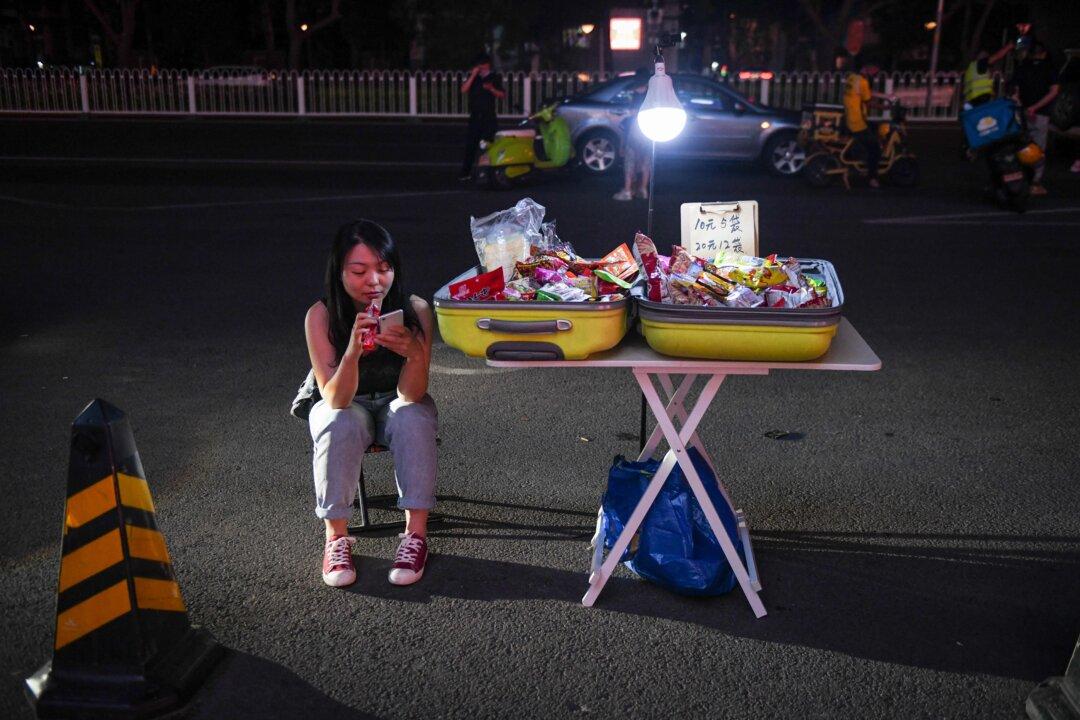Chinese state-run media recently have published commentaries encouraging young people to move to rural areas, since there aren’t enough jobs in the cities as a result of the COVID-19 pandemic’s economic impact. But rural farmers also can’t find enough work.
The Chinese regime also is promoting a plan to encourage domestic consumption, called the “domestic economic circulation”: Faced with a lack of export orders due to the pandemic, China should set up industrial supply chains to produce goods that Chinese people are interested in buying.





